AT&T IP address compromised or hacked? Here is what to do
6 min. read
Updated on
Read our disclosure page to find out how can you help Windows Report sustain the editorial team. Read more
Key notes
- If you're an AT&T customer, you've probably heard about compromised or hacked IP addresses. You might even receive a call one day informing you about your compromised IP.
- The scenario briefly described above is obviously a scam and can put you and your devices at risk if you're not cautious enough or are not exactly tech-savvy.
- Check out our best VPNs for Windows 10 that can keep your IP address private.
- Visit our Internet & Network Hub to find the best solutions for your networking needs.

If you’re an AT&T customer, you’ve probably heard about compromised or hacked IP addresses. If it never happened to you, it might’ve happened to one of your acquaintances, or you might’ve seen it on a forum online.
The gist goes something like this: you’re at home, minding your business when suddenly you receive a phone call. Then the person on the other end or a recorded message informs you that your IP address has been hacked or compromised.
Although it may sound terrifying, this situation is actually way less threatening than it sounds. First of all, you must understand that there’s no such thing as hacking one’s IP address.
It’s exactly the same as someone telling you they’ve hacked your home address. The real danger here is associating your IP address with you (figuring out who’s behind the IP address), since from that point onward you can be targeted by attacks.
It’s more like a privacy invasion if you’d like. Just as you don’t want random strangers to know where you live, letting your IP address be associated with you is best to be avoided. Here are some scenarios you might face.
Possible scenarios of the compromised IP situation
1. You get a call from a tech employee
This one can swipe you right off your feet if you’re not exactly tech-savvy. You receive a call, there’s a voice at the other end informing you about your IP being hacked or compromised. This can be either a real person or a pre-recorded message.
They then give you a fake AT&T phone number you can call and check for yourself. If you do call, you will reach a second person, confirming that the situation, is indeed dire.
Now, this is where things get a bit tricky, as it can go several ways from here. The number could be a premium rate one, and even one minute of conversation can cost you a lot of money.
Another method used by these scammers is requesting money from you so that they can take care of your hacked IP. A red flag you should be aware of is the scammer’s preference towards cryptocurrency.
Note that most of the time, you will be referred to as sir or madam. You can also mark this immediately as a red flag, since companies you signed with usually have your full name, and won’t shy away from using it in a conversation, especially an official one.
2. You receive a mail/message from tech companies
Many scammers will send emails in bulk informing random users about their IP being hacked or compromised. This Hail Mary type of attack is very efficient, as it increases the chances of someone actually buying into the scam.
The content of the email may vary since there’s not just one scammer that will try to pull this off. They might trick you into believing they’re from Microsoft or AT&T, and that there’s something very wrong on your end.
You might be offered a phone number with an invitation to call it and check for yourself. Again, you should steer away from this situation, as the number might be a premium-rate one, and even a minute’s worth of conversation might cost you a lot of money.
Another scenario is when the scammer demands a ransom disguised as payment for tech services. Long story short, they help you un-compromise your IP in exchange for money.
Last, but not least (and this is the most dangerous, believe us), the scammer might request access to your PC. They will even walk you through the process of lowering your defenses (turning off your firewall, enabling remote access, forwarding ports, and so on).
Once they have access to your PC, they can virtually do anything from there, such as plant bugs, infect your device with a remote trojan (RAT), and even leave backdoors to your entire network.
Thus, it leaves your device vulnerable and the perpetrator able to steal credentials, payment details, and even spy on you and blackmail you.
Here is what to do if your IP address is compromised
Like we said before, this is not a real situation. Your IP can’t be hacked or deleted or whatever the scam may say. However, these creepy phone calls and/or messages are very real and they can put you at risk if you don’t exercise caution.
Here’s what you can do to avoid these situations:
- Don’t answer unknown callers and let them go to voice mail if possible
- Never try calling the number the scammers will give you
- If you have doubts, always hang up and try calling AT&T using one of their public numbers displayed on their website
- Remember that IP addresses can’t be hacked, they can only be used as means of targetting you
- Never grant anyone access to your computer, no matter how convincing they sound
- Don’t send money to shady technicians who can magically solve your compromised IP situation
- Make sure that you’re using a trustworthy firewall/antivirus combo
- If you’re not hosting a server or something similar, don’t forward (open) ports on your network
- Change passwords frequently
- Try not to use the same password for multiple accounts
- Use a password manager such as LastPass
- Don’t be afraid to report shady calls/messages to the authorities
- Check support forums or groups online for problems that might be similar to yours
- Use a VPN service such as PIA to hide your IP address
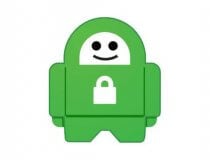
Private Internet Access
Want to keep your IP private? PIA can help.Your AT&T IP address can’t be hacked
All things considered, your IP address can’t be hacked, much like your home address can’t be compromised. Worst case scenario, someone makes it public and random strangers can use it to target you.
But that’s not exactly AT&T’s responsibility, to make sure your IP address is not made public. Therefore, if you want to protect the privacy of your IP address, you can mask it by using a trustworthy VPN service.
If possible, you could ask AT&T if they can assign you a different IP address (if you’re using a static one and fear that someone could target you through it).
[wl_navigator]
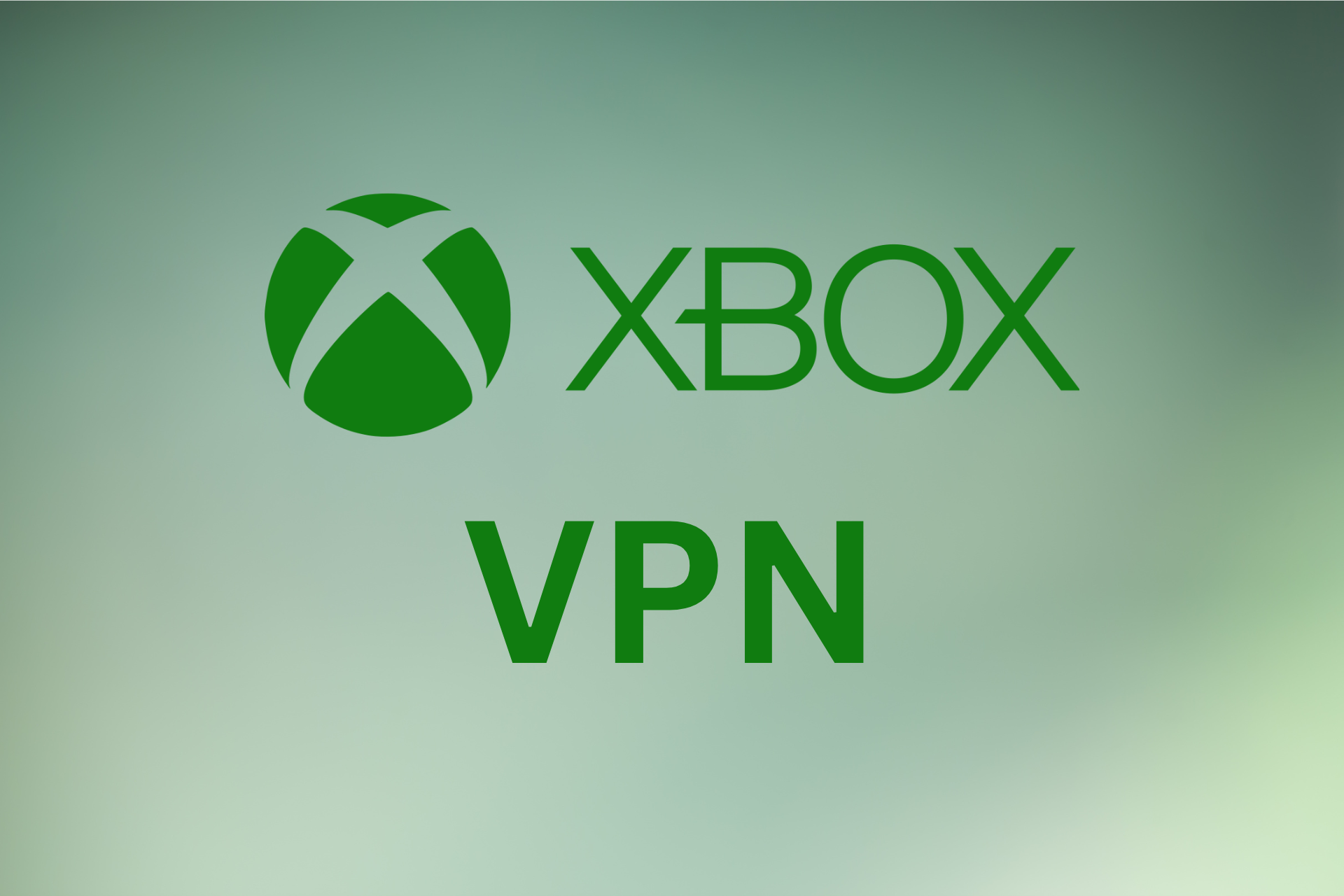


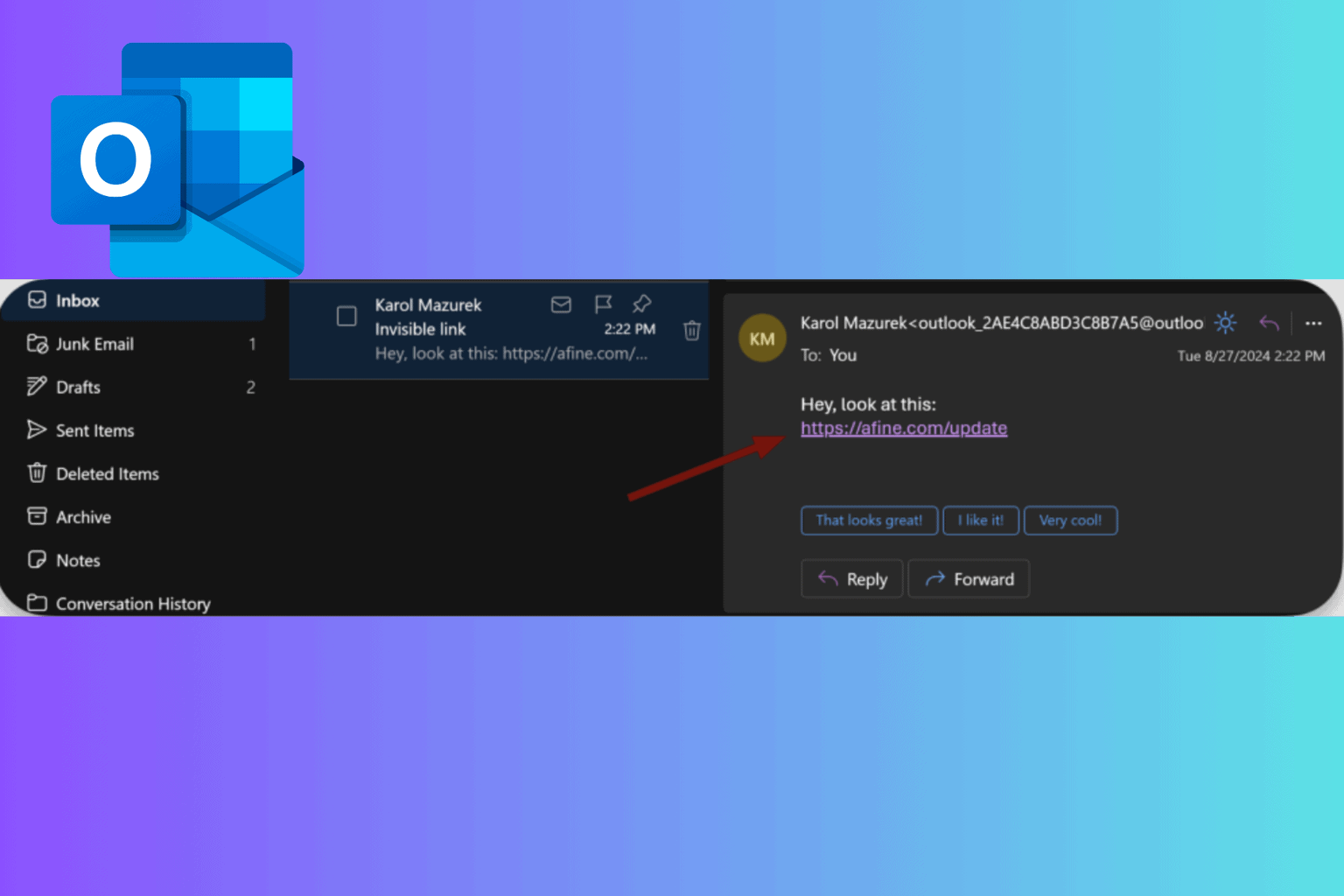

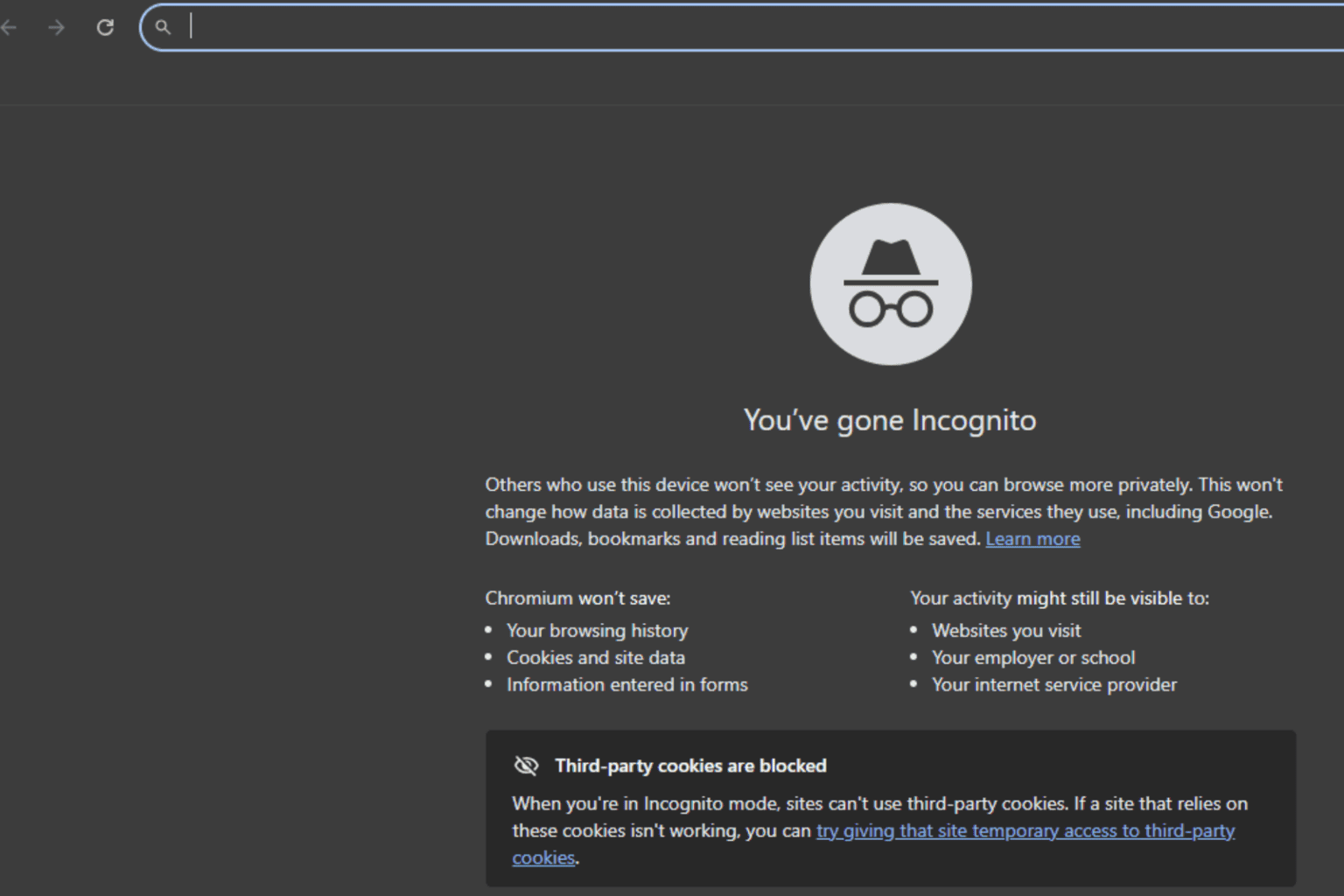
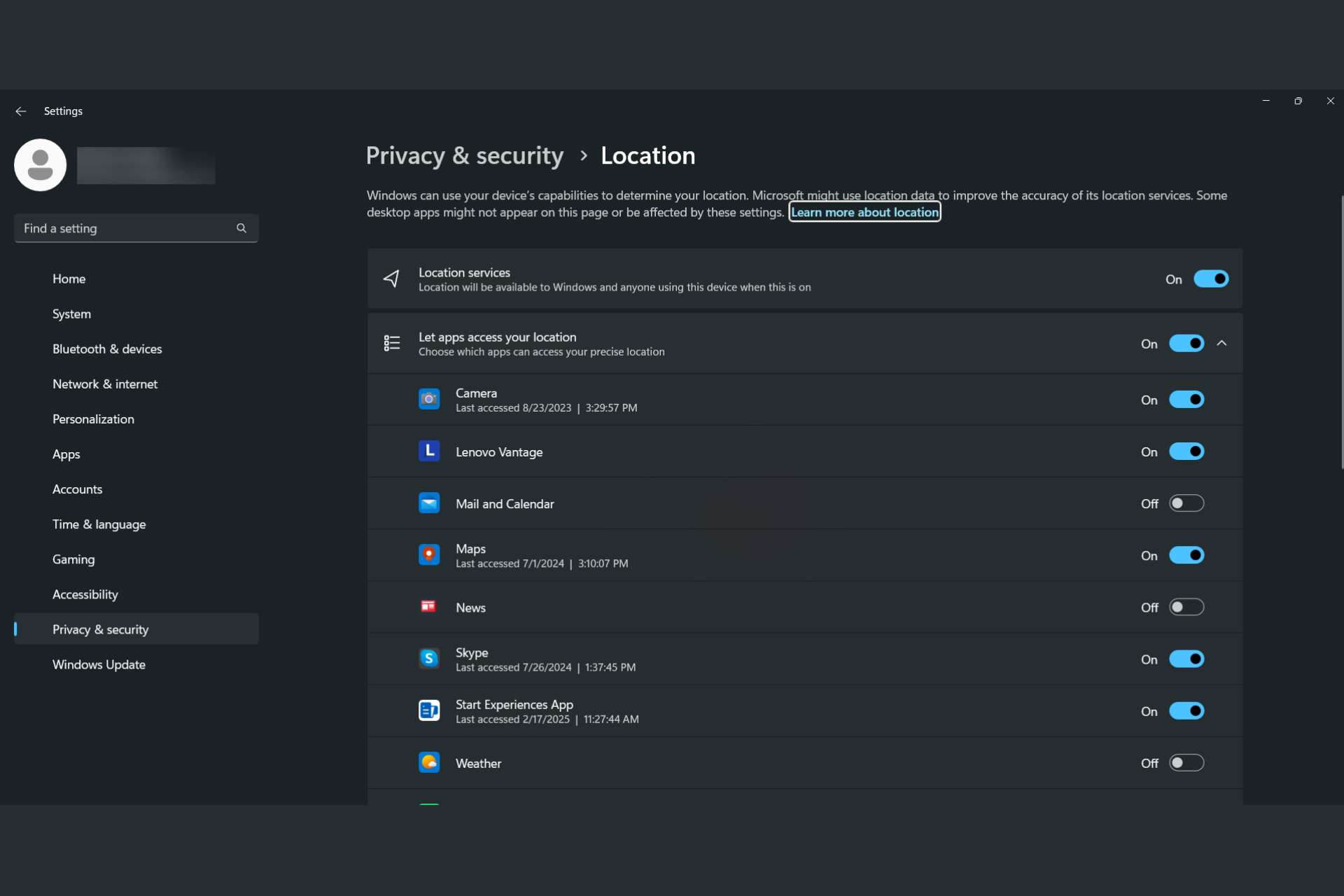
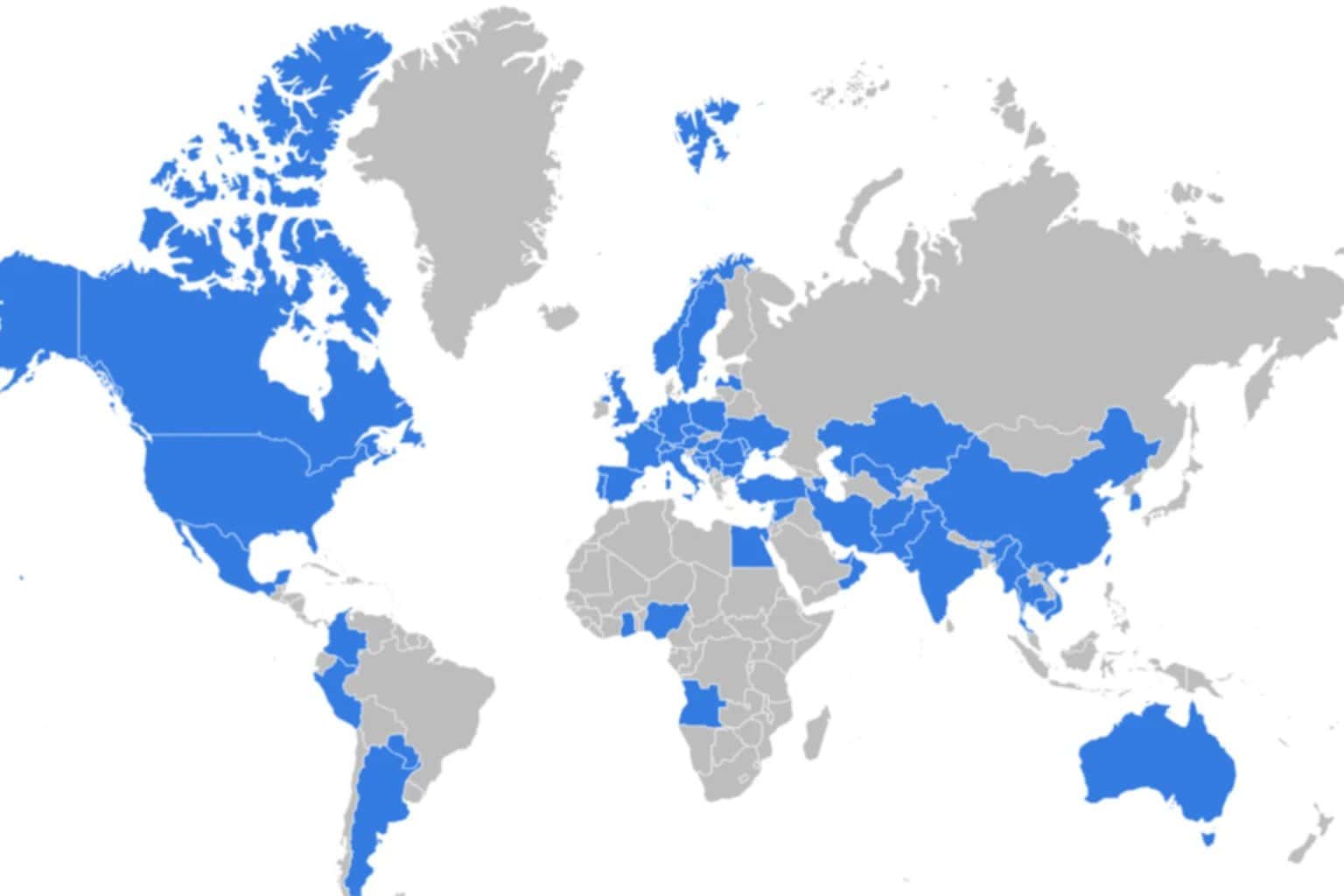
User forum
0 messages